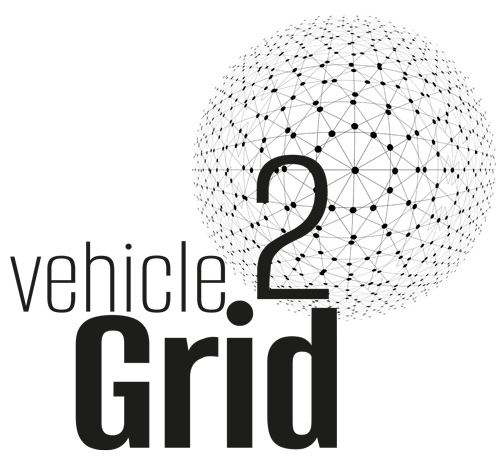Future materials are frequently published in the scientific literature to be used as cathode or anode active materials, separators or electrolytes. The influence of these future materials on the actual cell performance can not be easily estimated from the material properties. However, since constructing a prototype is time- and money-intensive, it is advantageous to make an initial approximation on a simulative basis. For this purpose, we developed the „Synthetic Battery Modeling Toolchain“, which can be used to make assumptions about the electrical behavior of the battery in the application based on parameters at the material level.
First, the toolchain consists of a material database in which the battery components are assembled according to the production process of real battery cells, and their parameters are calculated. The resulting parameter set is used with the help of a sophisticated physico-chemical battery simulation to predict the electrical behavior of the virtual battery at various reference points in terms of temperature, SOC, and different currents. Finally, a battery model is generated based on these reference points, which can depict the electrical behavior of the battery over a wide operating range.
With the toolchain, we have succeeded in virtually redesigning existing battery cells on the basis of data published in the literature and comparing them with real parameters and measurement results. As a result, the calculated parameters match the real parameters with sufficient accuracy. The electrical behaviour of the virtually designed battery cells can also be estimated with the toolchain. The output of the toolchain is, besides a data sheet-like overview of the core variables, an electrical equivalent circuit model of the battery, which can be used to investigate and estimate the electrical behavior at cell, module, or even pack level.

